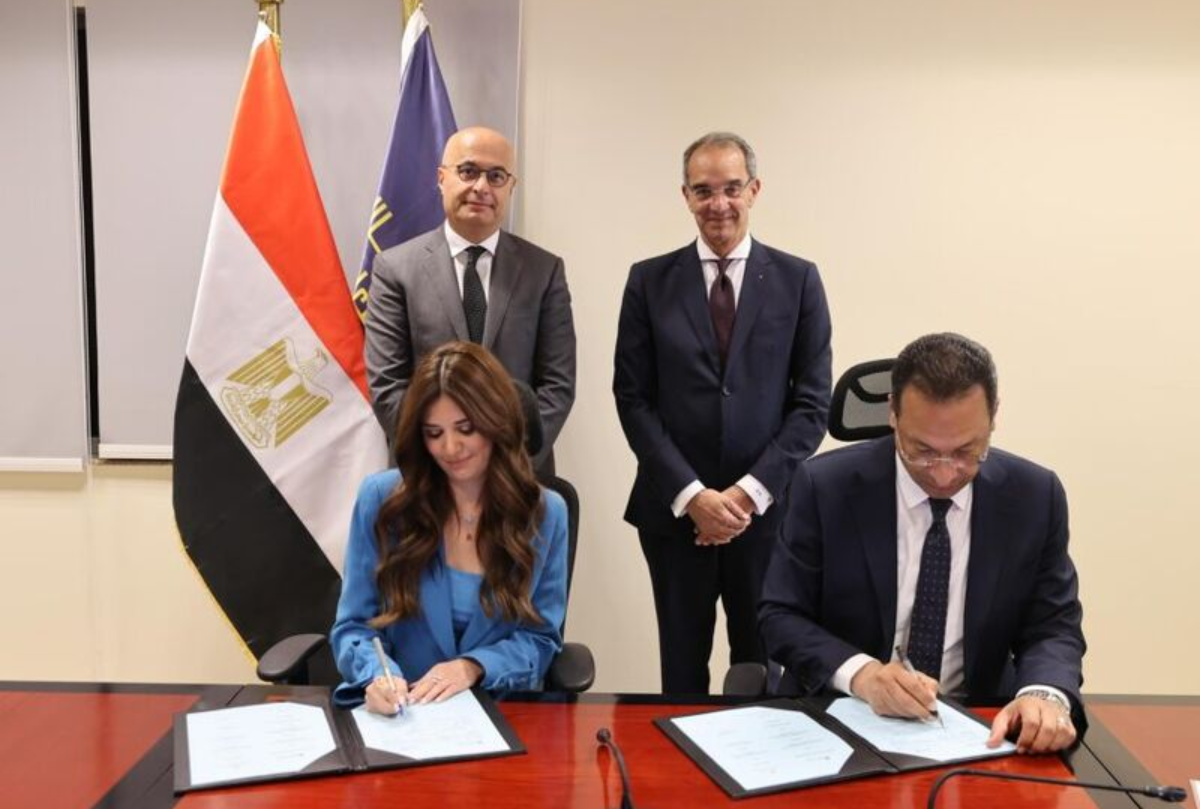
The Ministry of Education and Technical Education has launched the second phase of the National Program for Developing Arabic Language Skills for primary school students, following the successful completion of its initial stage.
The announcement was made during the closing ceremony of the first phase, held in partnership with the United Nations Children’s Fund (UNICEF).
The program aims to strengthen reading and writing skills among young learners and improve their overall proficiency in Arabic, supporting broader efforts to enhance the quality of basic education across Egypt.
Minister Mohamed Abdel Latif emphasized the importance of literacy as a foundation for educational development.
“The ministry places special emphasis on enhancing reading and writing skills among primary school students,” he said, highlighting the ongoing collaboration with UNICEF to deliver intensive training programs for pupils who have yet to fully master these essential skills.
Abdel Latif explained that remedial programs were actively implemented during the summer break to help students who had fallen behind, ensuring they could progress to higher grades with the competencies required for continued learning.
“We focused on providing targeted support so that every student acquires the fundamental skills necessary for success,” he added.
The second phase of the program will expand its reach to more schools nationwide, continuing the ministry’s commitment to equipping young learners with the tools they need to excel academically. Educational authorities also plan to monitor progress closely and adjust interventions as needed to maximise student outcomes.
UNICEF representatives praised the initiative as a model of international cooperation in education, emphasizing the value of structured literacy programs in fostering lifelong learning.
With literacy at the core of Egypt’s educational reforms, the National Program for Developing Arabic Language Skills represents a key step toward ensuring that all children acquire the foundational abilities required to thrive academically and contribute effectively to society.
By combining targeted training, remedial support, and strategic monitoring, the program seeks to create a sustainable framework for improving Arabic literacy and strengthening Egypt’s future generations.



